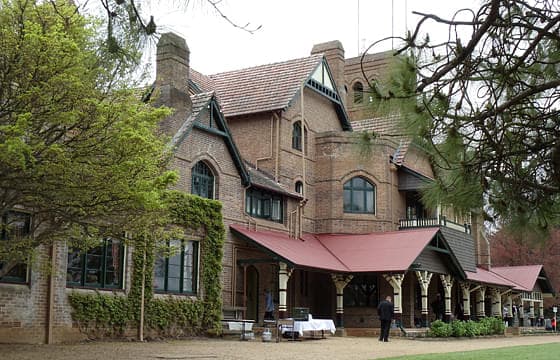Bachelor of Economics with Honours at University of New England
Armidale, Australia
- Tuition Fee AU$ 28,216
- Country Rank#29
- Duration12 Months
- Score IELTS: 6 TOEFL: 79
Program Overview
If you are a high-achieving student with above average grades in your Bachelor of Economics, you have the opportunity to undertake a fourth year of honours research in a specialised area of study.
The UNE Business School has a strong record of cross-disciplinary research. Our goal is to produce evidence-based analysis of practical significance. In applying our disciplinary skills, we seek to deliver solid, commercial and sustainable benefits to our regional, national and global stakeholders. Our staff have a wide range of research interests in Economics, Applied Econometrics and Economic History.
By completing an in-depth research project leading to a dissertation, you will work independently to solve economic problems using advanced analysis and quantitative techniques. You will enhance your ability to analyse data and communicate your results clearly, enabling people to understand your findings and recommendations.
Cost Of Studying At University of New England
Interest rates as low as 8.9% *
250K+
Students Assisted
800Cr+
Loan Amount Disbursed
5000+
Loans Sanctioned
